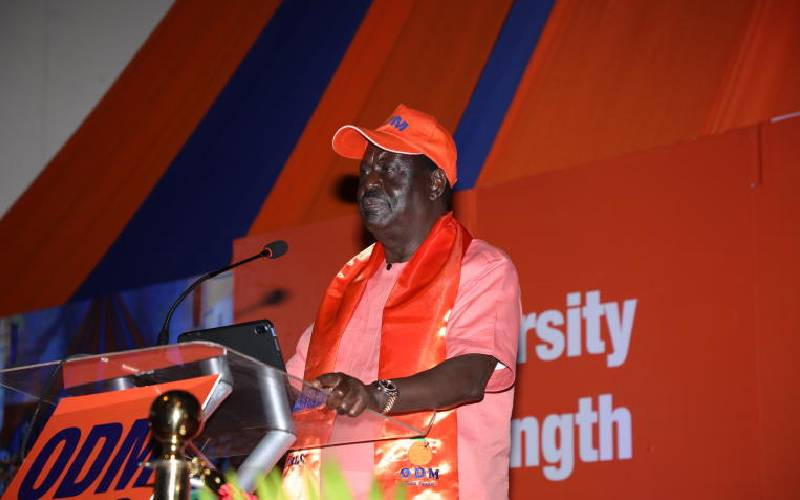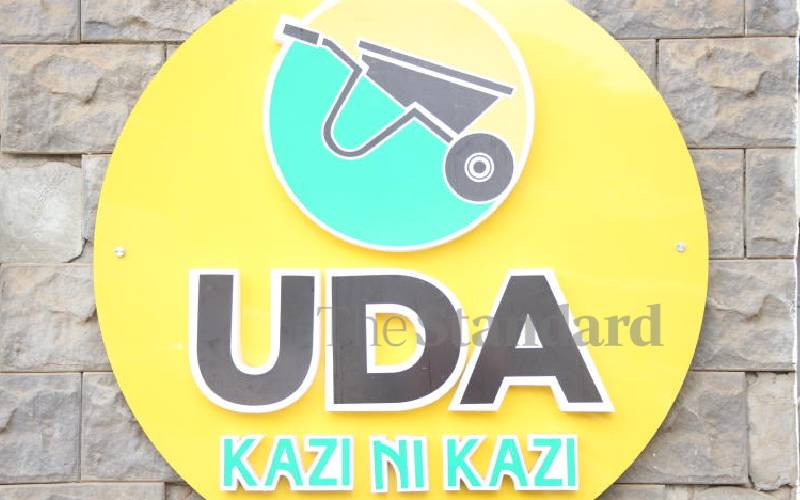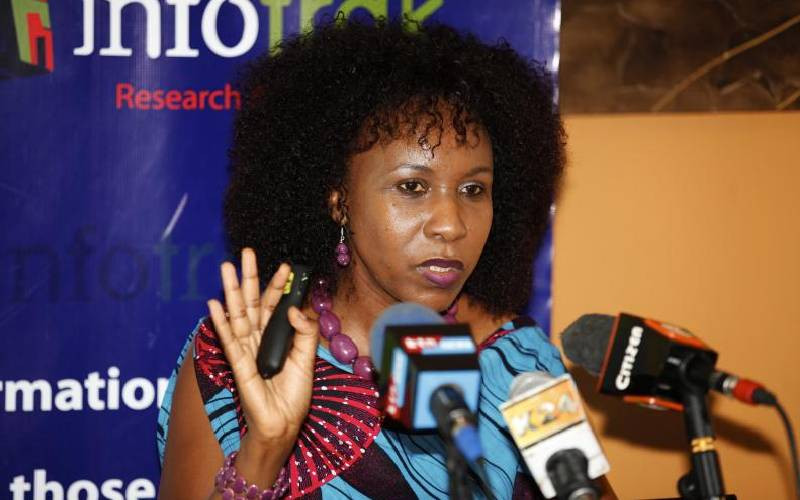By RACHEL MUTHOGA
Has there been an increase in cases of sexual violence, or is the rise in media reports of such cases a result of Kenyans understanding and exerting their right to report and pursue justice?
There are those who believe our society is unraveling at the seams and the increased reports of defilement and rape reflect this. Others are of the view that due to a heightened awareness in society, there are fewer cases being swept under the carpet and the perceived increase is simply based on higher reporting trends.
The vulnerable
But there is consensus that it is time to end impunity for sexual violence. How to do this is the challenge. There are many answers to this question, and it may include better monitoring and protection of the vulnerable in society, civic education amongst others. But paramount among these is strengthening the prosecution of sexual violence cases. For a long time, sexual violence cases went unreported and when they were reported, many times they went unprosecuted, and when prosecuted, they often resulted in charges not being proved against the accused person due to the challenges in the system. Up until 2006, Kenya did not have a comprehensive law to handle the issue of sexual violence.
The passing of the Sexual Offences Act in 2006 ensured harsh minimum sentences and wider powers for the court including ordering rehabilitation for offenders once they had served their sentences. Despite the passing of the law, sexual violence cases have continued to plague Kenyan society and there have been peaks such as during the post-election violence of 2007/2008 when thousands of women were reportedly raped.
Of great importance in the successful implementation of this law is the collection and preservation of evidence. In many cases, crucial evidence is lost at the hospital as medical professionals focus on restoring physical wellness and do not pay attention to the evidence lost in the process. There is need to train medical professionals on collection and preservation of evidence at this stage to ensure that this crucial evidence is preserved for trial. Prosecution has long been hampered by a staffing challenge. Many prosecutions are undertaken by police prosecutors, who have had only a limited training in law.
Positive impact
The Directorate of Public Prosecutions has made efforts to remedy this by appointing special prosecutors to deal with sexual violence cases. It is hoped that these appointments will positively impact on the speed and efficiency of prosecutions. As Kenya gears up for the next elections, there are a number of pragmatic strategies that the government must incorporate in its planning. During the last elections, the government machinery was largely unprepared to respond to the security crisis. In the run-up to the coming elections, we must hope for the best but prepare for the worst.
One of the key responses in the area of sexual violence is ensuring that we mitigate the effects of any violence that takes place.
This means that all government and private health centers should be stocked with emergency contraception to prevent any unwanted pregnancy resulting from a sexual attack and Post Exposure Prophylaxis for guarding against infection with HIV/Aids and all other emergency care and treatment medication needed.
This will ensure that any survivors who are able to access a health center receive treatment not only for the harm suffered, but that also mitigate against the worst impact of the attack. Rape kits should also be available to help health care providers collect and preserve evidence.
The government should ensure that there are crisis centers where people can turn and ensure that there are plans to help those that may be displaced. Sexual violence was reported in many camps for internally displaced persons and this must be avoided this time round. Security forces must be held to account for their role in any violence that takes place. The information regarding the planning and crisis centers should be publicized to ensure that citizens are able to utilize these services as and when the need arises during the election period
The writer is an advocate and the Kenya co-ordinator, Physicians for Human Rights.
Stay informed. Subscribe to our newsletter
 The Standard Group Plc is a
multi-media organization with investments in media platforms spanning newspaper
print operations, television, radio broadcasting, digital and online services. The
Standard Group is recognized as a leading multi-media house in Kenya with a key
influence in matters of national and international interest.
The Standard Group Plc is a
multi-media organization with investments in media platforms spanning newspaper
print operations, television, radio broadcasting, digital and online services. The
Standard Group is recognized as a leading multi-media house in Kenya with a key
influence in matters of national and international interest.
 The Standard Group Plc is a
multi-media organization with investments in media platforms spanning newspaper
print operations, television, radio broadcasting, digital and online services. The
Standard Group is recognized as a leading multi-media house in Kenya with a key
influence in matters of national and international interest.
The Standard Group Plc is a
multi-media organization with investments in media platforms spanning newspaper
print operations, television, radio broadcasting, digital and online services. The
Standard Group is recognized as a leading multi-media house in Kenya with a key
influence in matters of national and international interest.








